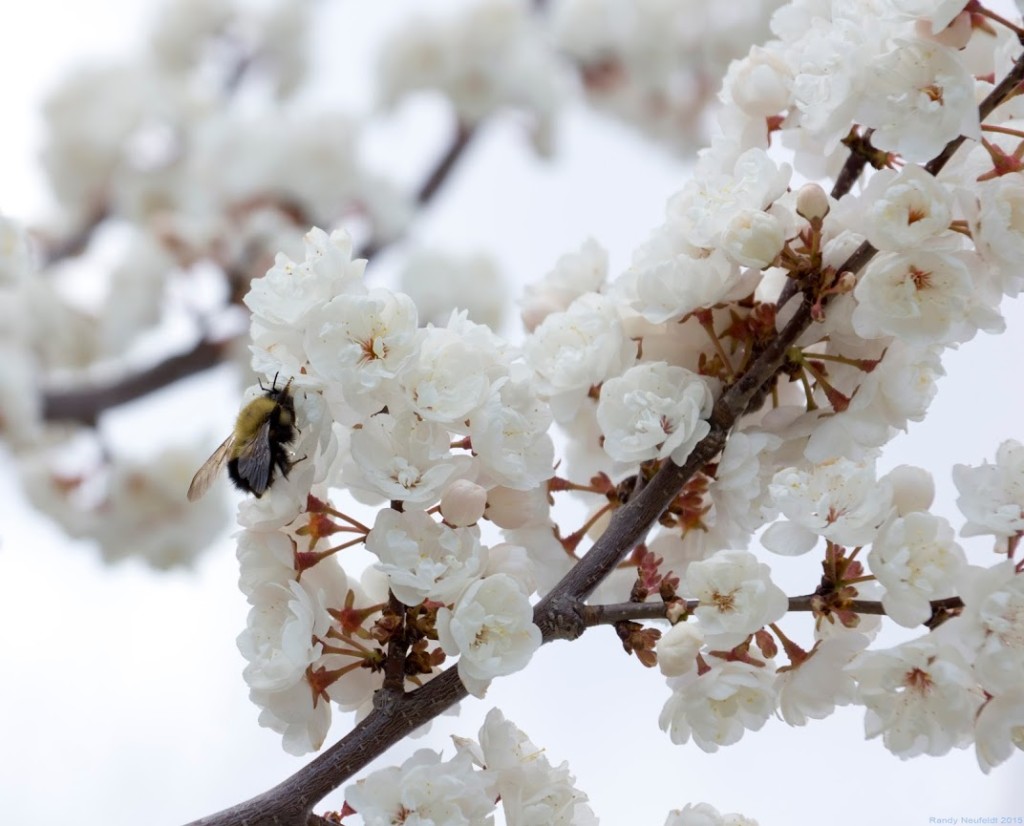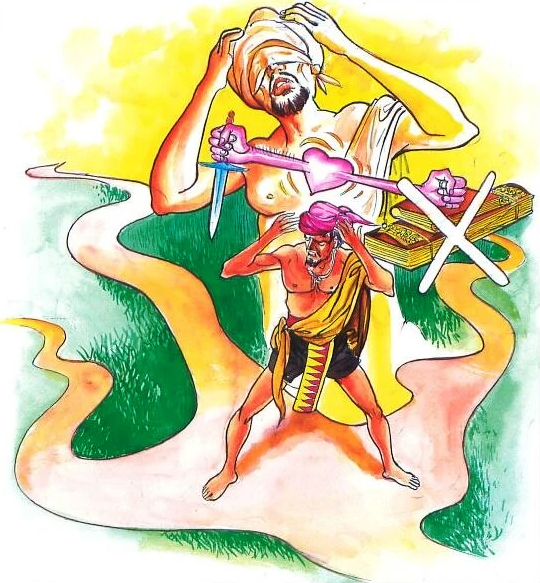
By Ajahn Chah
The Buddha talked about desire and the six things by which desire is gratified: sights, sounds, smells, tastes, touch and mind-objects. Desire and lust for happiness, for suffering, for good, for evil and so on, pervade everything!
Sights…there isn’t any sight that’s quite the same as that of a woman. Isn’t that so? Doesn’t a really attractive woman make you want to look? One with a really attractive figure comes walking along, “sak, sek, sak, sek, sak, sek,” — you can’t help but stare! How about sounds? There’s no sound that grips you more than that of a woman. It pierces your heart! Smell is the same; a woman’s fragrance is the most alluring of all. There’s no other smell that’s quite the same. Taste — even the taste of the most delicious food cannot compare with that of a woman. Touch is similar; when you caress a woman you are stunned, intoxicated and sent pinning all around.
There was once a famous master of magical spells from Taxila in ancient India. He taught his disciple all his knowledge of charms and incantations. When the disciple was well-versed and ready to fare on his own, he left with this final instruction from his teacher, “I have taught you all that I know of spells, incantations and protective verses. Creatures with sharp teeth, antlers or horns, and even big tusks, you have no need to fear. You will be guarded from all of these, I can guarantee that. However, there is only one thing that I cannot ensure protection against, and that is the charms of a woman.[4] I can not help you here. There’s no spell for protection against this one, you’ll have to look after yourself.”
Mental objects arise in the mind. They are born out of desire: desire for valuable possessions, desire to be rich, and just restless seeking after things in general. This type of greed isn’t all that deep or strong, it isn’t enough to make you faint or lose control. However, when sexual desire arises, you’re thrown off balance and lose your control. You would even forget those raised and brought you up — your own parents!
The Buddha taught that the objects of our senses are a trap — a trap of Mara’s.[5] Mara should be understood as something which harms us. The trap is something which binds us, the same as a snare. It’s a trap of Mara’s, a hunter’s snare, and the hunter is Mara. Continue reading →












